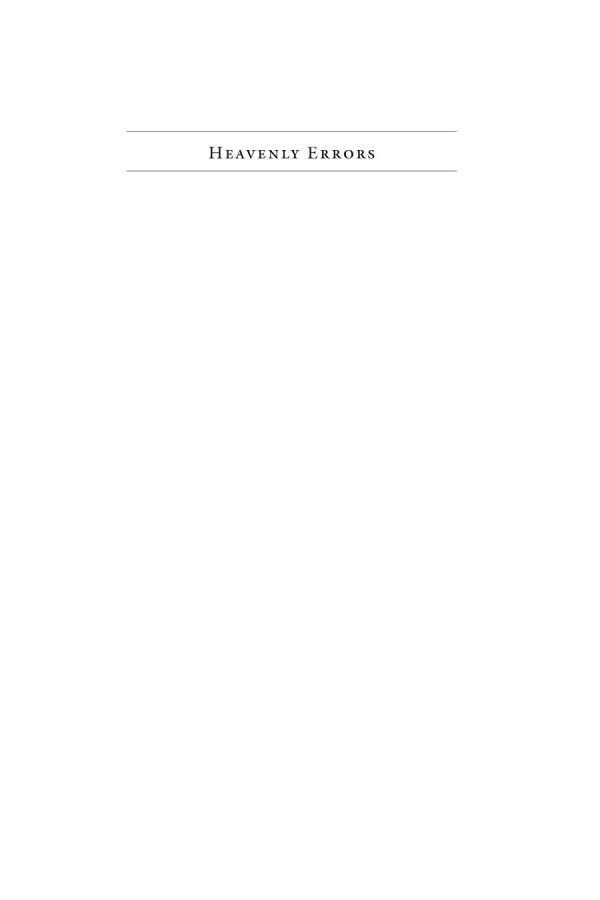

Most ebook files are in PDF format, so you can easily read them using various software such as Foxit Reader or directly on the Google Chrome browser.
Some ebook files are released by publishers in other formats such as .awz, .mobi, .epub, .fb2, etc. You may need to install specific software to read these formats on mobile/PC, such as Calibre.
Please read the tutorial at this link: https://ebookbell.com/faq
We offer FREE conversion to the popular formats you request; however, this may take some time. Therefore, right after payment, please email us, and we will try to provide the service as quickly as possible.
For some exceptional file formats or broken links (if any), please refrain from opening any disputes. Instead, email us first, and we will try to assist within a maximum of 6 hours.
EbookBell Team

0.0
0 reviewsOne of the great paradoxes of modern times is that the more scientists understand the natural world, the more we discover that our everyday beliefs about it are wrong. Neil F. Comins has identified and classified, by origin and topic, over 1,700 commonly held misconceptions about the universe. He presents the reader with the tools needed to probe erroneous notions so that we can begin to question for ourselves... and to think more like scientists.
One of the great paradoxes of modern times is that the more scientists understand the natural world, the more we discover that our everyday beliefs about it are wrong. Astronomy, in particular, is one of the most misunderstood scientific disciplines.
With the participation of thousands of undergraduate students, Neil F. Comins has identified and classified, by origin and topic, over 1,700 commonly held misconceptions. Heavenly Errors provides access to all of them and explores many, including:
Black holes suck in everything around them.
The Sun shines by burning gas.
Comets have tails trailing behind them.
The Moon alone causes tides.
Mercury, the closest planet to the Sun, is the hottest planet.
In the course of correcting these errors, he explains that some occur through the prevalence of pseudosciences such as astrology and UFO-logy and some enter the public conscience through the "bad astronomy" of Star Trek, Star Wars, and other science-fiction movies.. Perhaps most important, Professor Comins presents the reader with the methods for identifying and replacing incorrect ideas—tools with which to probe erroneous notions so that we can begin to question for ourselves... and to think more like scientists.